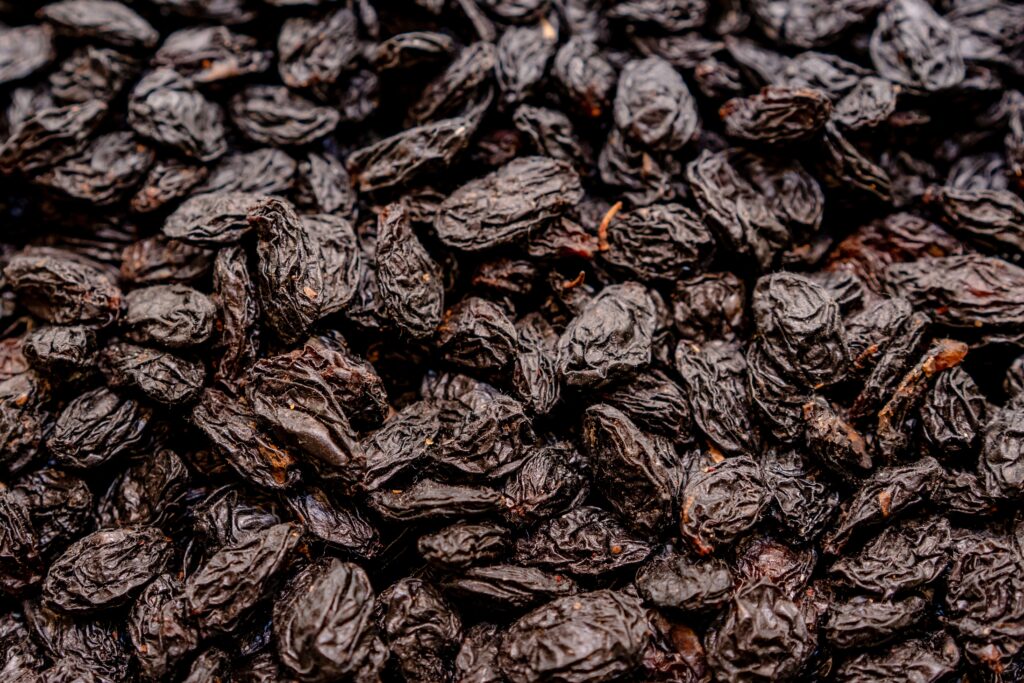Prunes may support cardiovascular health

New research presented at the American Society of Nutrition (ASN)’s annual meeting reports that daily prune consumption has promising effects on several biomarkers related to cardiovascular health.
The study was conducted in postmenopausal women and men 55 years and older, revealing that, in men, long-term prune consumption improved HDL cholesterol and the total cholesterol to HDL ratio, while decreasing oxidative stress and the inflammatory biomarker C-reactive protein.
HDL is commonly known as “good cholesterol”, and inflammatory biomarkers are released during tumor growth. They are highly associated with stages of cancer progression
Previous research has shown that daily prune consumption can support gut health, bone health, and weight management.
As for older women, consumption had no negative effect on various metabolic measures related to heart disease risk including total cholesterol, total triglycerides, fasting glucose, and insulin levels.
Related articles: How can fruits help improve oral health?
"We want to advance the research on this topic area to better understand how prune consumption relates to cardiometabolic health outcomes, especially in the aging population that often experiences an elevated risk for cardiovascular disease,” says Pennsylvania State University professor Mary Jane De Souza.
The results of both studies were presented at the ASN annual flagship meeting in Boston, MA.
"While all fruits and vegetables provide essential nutrients, prunes make for an easy, convenient and versatile snack or recipe ingredient that is accessible year-round and can help support consumers' cardiovascular health goals,” adds Nutrition Advisor for the California Prune Board, Andrea N. Giancoli.
The ASN convenes researchers, practitioners, global and public health professionals, policymakers and advocacy leaders, industry, media, and other related professionals to advance nutrition science and its practical application.






































